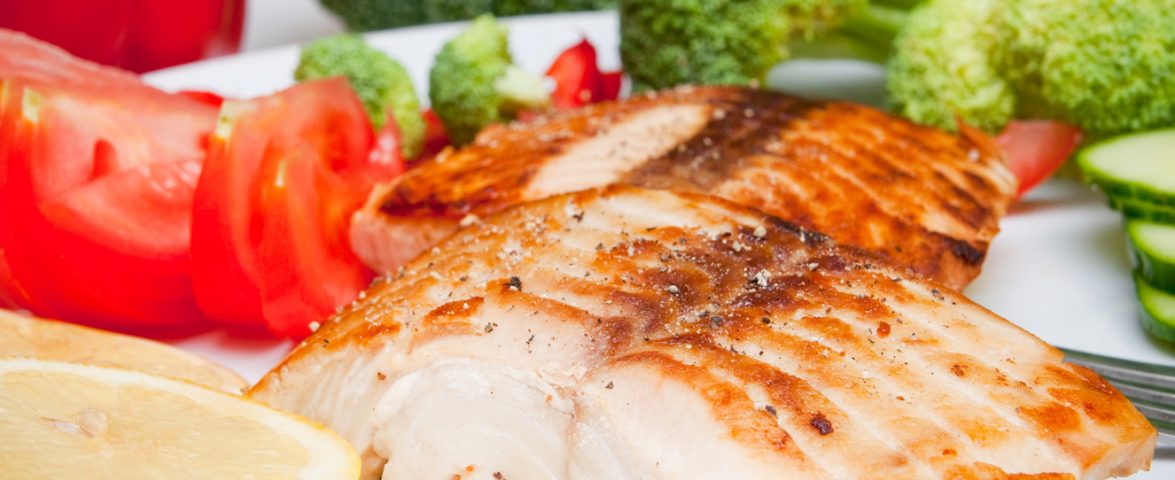Having orthopedic surgery can lead to noticeable improvements with mobility, joint function, and overall quality of life. Many procedures performed today involve minimally invasive techniques that can reduce surgery risks and shorten recovery times. If you are hoping to make the time you’ll need to let your body heal and recover from common orthopedic procedures like partial or complete joint replacement surgery even more productive, consider incorporating the following foods into your diet.
Protein-Rich Foods
Essential for both bone and muscle building, protein also gives the immune system a boost following surgery and helps with the wound healing process. It’s normal to have less of an appetite after orthopedic surgery. If this is the case with you, try having smaller servings of protein-rich foods with your meals or as snacks. Options include:
- Eggs
- Plain-baked chicken and lean beef
- Low-fat cheese or cottage cheese
- Fish and shrimp
- Almonds and unsalted peanuts
Foods with Vitamin D and Calcium
Associated with strong, healthy bones, calcium and vitamin D can help facilitate the healing of bones or joints affected by stress fractures or ones that were surgically repositioned or repaired. Dairy products like milk, cheese, and low-fat yogurt are reliable sources of calcium. You can get a good dose of vitamin D from salmon, herring, and sardines, egg yolks, cod liver oil, mushrooms, and fortified foods.
Veggies/Fruit with Vitamin C and Zinc
Many different nutrients play a role in helping the body heal after any type of orthopedic procedure involving surgery. So, what makes vitamin C and zinc so special? The vitamin C that’s found in abundance in bright-colored citrus fruits, bell peppers, and baked potatoes is needed to create the collagen that’s necessary to repair tendons that are healing post-surgery. Primarily found in larger amounts in dairy foods, meat, nuts and seeds, fish, and poultry, zinc helps with the collagen and protein synthesis processes needed for successful tissue regeneration and repair.
High-Fiber Foods
Fiber may seem like an odd inclusion on this list. However, the pain meds sometimes needed after orthopedic surgery sometimes cause issues with constipation. So, adding some high-fiber foods to your diet can increase your comfort as you recover and reach a point where you no longer need your pain medication. Fiber-rich foods include:
- Whole grains
- Pears, strawberries, and avocados
- Broccoli, Brussels sprouts, and artichokes
- Kidney beans, chickpeas, split-peas, and lentils
In addition to upping your intake of nutritious foods, you can also improve your odds of enjoying a successful recovery after orthopedic surgery by actively participating in physical therapy. This means providing honest feedback to your therapist so appropriate adjustments to your routine can be made. When you do recover, taking steps such as warming up before exercise, avoiding repetitive motions as much as possible, getting regular exercise, and maintaining a normal weight can help keep your bones and joints healthy.

